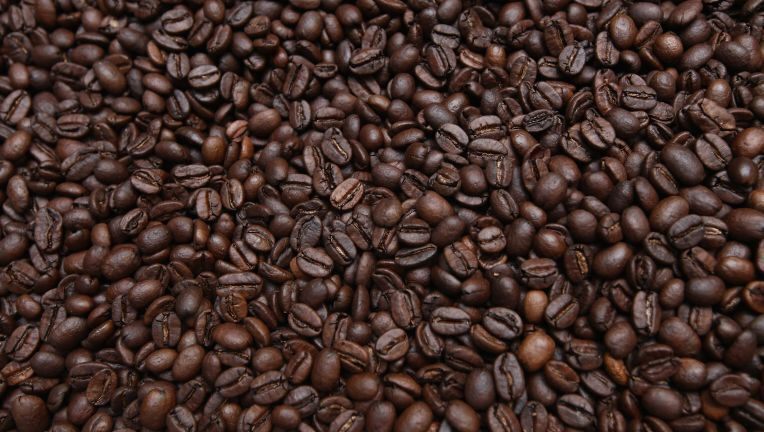
5 Steps to Build an Effective CSR Strategy
In today’s business landscape, Corporate Social Responsibility (CSR) has evolved from being a “nice-to-have” to ...

Ford decided to team up with McDonald’s to help the latter get rid off about 62 million pounds of coffee chaff annually and using it in manufacturing car parts.
Ford and McDonald’s plan to reduce that waste by substituting traditional plastic with recycled plastic. And Ford hopes to have 100% recycled and sustainable plastic on its vehicles by 2035. The sustainability efforts don’t stop there, according to a Business Insider report.
Every year, McDonald’s produces more than 62 million pounds of coffee chaff. That’s the unused dried skin that comes off of coffee beans during the roasting process. And that 62 million pounds used to go straight to landfills. But now, Ford is taking that chaff from McDonald’s and turning it into car parts.
Almost 140 million tons of solid waste was sent to US landfills in 2017. And when that waste hits a landfill, it creates a pile of trash that is impossible to take back. And incinerating the waste creates carbon dioxide and other greenhouse-gas emissions that are harmful to the environment. But some materials don’t have to end up in landfills, like coffee chaff.
McDonald’s partnered with Ford’s research team, which was already using agave, wheat, tomatoes, and even denim byproducts to make car parts. The team discovered that chaff could also be used to make car parts, especially ones that need to withstand high temperatures, like headlights and car battery covers.
When the coffee chaff is heated to high temperatures and mixed with plastic and other additives, it turns into a material that can be formed into various shapes. Not only will less waste go to landfills, but using the chaff actually benefits Ford vehicles. Its headlights were made up of plastic and talc, a mineral that has to be mined. But now, the coffee chaff replaces some of the talc, making the car part 20% lighter. Molding the coffee chaff also uses 25% less energy than the previous material combination. The chaff component meets all durability and performance requirements, and it can withstand high temperatures much better than talc.
Ford began installing the headlights in its Lincoln Continental cars in December 2019. Other model cars are expected to follow. But this doesn’t eliminate the environmental problem entirely. At the end of a car’s life, some parts will still end up in landfills since they’re still made out of plastic.

اترك تعليقا